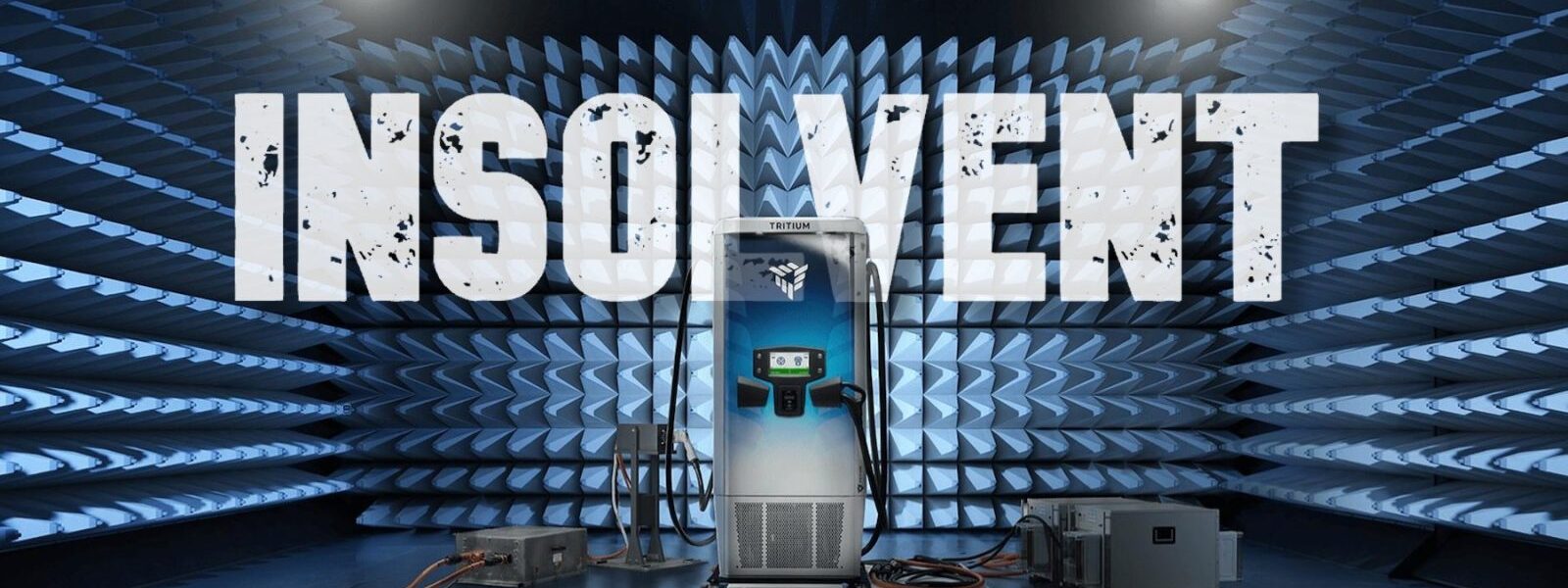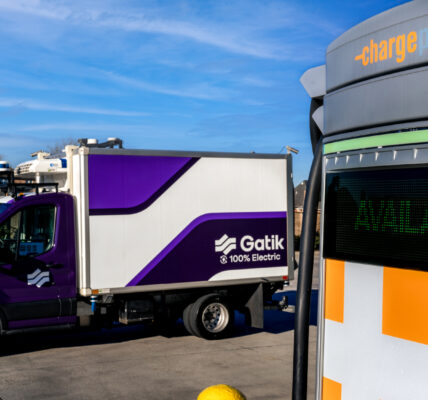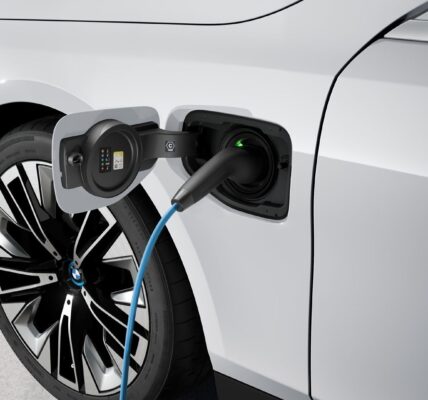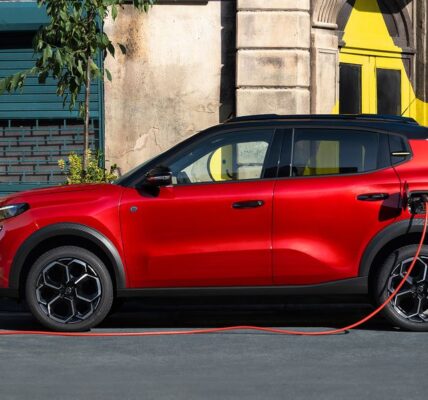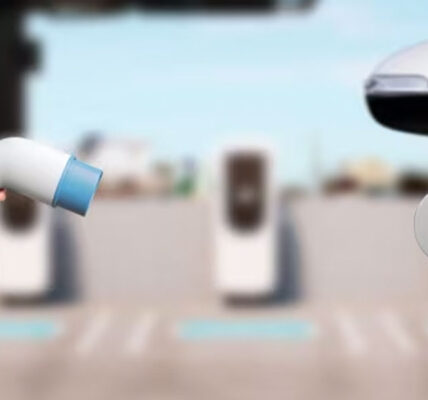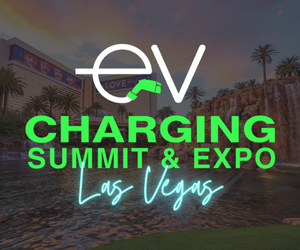Tritium, an Australian high-speed EV-charging equipment manufacturer with a large-scale factory in Tennessee, notified regulators on Thursday that it was insolvent, casting uncertainty over whether it can continue to fulfill remaining orders for chargers or service those that its customers have already installed.
In a Thursday filing with the U.S. Securities and Exchange Commission, Tritium DCFC Ltd., a publicly traded company on the Nasdaq stock exchange, announced that it and three subsidiary companies “were insolvent or likely to become insolvent,” and proposed placing control of the company under administrators working for accounting firm KPMG under Australian law.
McGrathNicol, an Australia-based firm specializing in restructuring companies, stated in a letter to creditors that four of its partners had been appointed by Tritium lenders as receivers and managers of Tritium DCFC Ltd. as of April 20, and would manage the assets and seek buyers for the business.
Tritium, KPMG, and McGrathNicol have not provided information about how Tritium’s insolvency may affect operations at its factory in Lebanon, Tennessee, which opened in August 2022 and is capable of producing up to 30,000 fast chargers per year. Nor have they addressed what the impacts of Tritium’s insolvency might be on customers who have installed its chargers or contracted for future delivery of its equipment.
Email inquiries to McGrathNicol were referred to a media relations firm that did not return requests for comment. But McGrathNicol partner Shaun Fraser told Australian publication Renew Economy that multiple bidders for the struggling company had “bowed out,” leaving the company’s board of directors “no choice but to appoint administrators.”
Tritium’s lenders “have been supportive,” but the company’s Nasdaq listing “didn’t provide the access to capital markets that the board had hoped,” Fraser told Renew Economy. “It needed more time and more money — it didn’t have the capital to get there.”
Tritium has won a significant share of the global market for high-speed direct-current fast chargers (DCFC), used to quickly recharge electric cars, vans, buses, and trucks at highway rest stops, fleet depots, and other sites, with 13,000 DC fast chargers sold in 47 countries. It competes with global electrical equipment giants including ABB and Siemens, both of which have expanded their U.S. manufacturing capacity in recent years, as well as DC fast-charging providers such as Delta, Kempower, Lincoln Electric, Wallbox, and others.
Tesla, which makes proprietary fast chargers for its own vehicles, remains the leading provider of fast charging in the U.S., with more individual charging points than all other fast-charging providers combined. But Tritium, which has sold its DC fast chargers to EV-charging network operators including BP Pulse, ChargePoint, EV Connect, EVCS, and Shell Recharge, claimed roughly 30 percent of U.S. market share last year.
Tritium went public on the Nasdaq exchange via reverse merger with a special purpose acquisition company (SPAC) in January 2022, at a $2 billion valuation. The company set its sights on supplying the U.S. EV-charging market with domestically produced equipment from its Tennessee factory, which was announced at a February 2022 press event at the White House.
The firm has since won contracts for projects in Hawaii and Tennessee backed by the National Electric Vehicle Infrastructure initiative, a $5 billion formula grant program created as part of the 2021 Bipartisan Infrastructure Bill.
In November, Tritium pledged in a press release to undertake “business measures designed to achieve a path to profitability in 2024 and reduce external capital requirements,” including closing its DCFC charger factory in Brisbane to consolidate operations in Tennessee, after it was denied a $90 million investment from the Queensland government to keep its Australia factory open.
But the company ultimately failed to turn a profit and has seen its share price fall dramatically over the past year, from over $290 in summer 2023 to around $3 per share in Friday trading.

